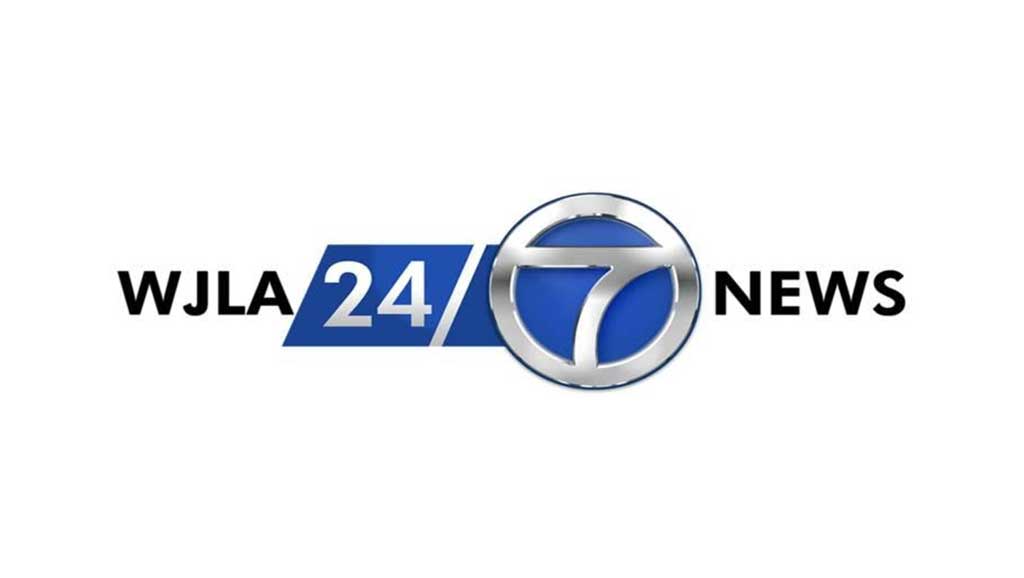There is new hope this holiday season as the first COVID-19 vaccines are given to frontline healthcare workers. Public health experts agree it’s the first step toward defeating the devastating pandemic. But Spotlight on America found there’s still widespread hesitance to get the shot, and experts say social media is playing a major role in shaping public opinion.
Millions of doses of the COVID-19 vaccine have gone out, but whether Americans will opt-in to receiving the shot is a complex question. To quell hesitation, former Presidents Obama, Bush and Clinton have volunteered to get the vaccine on camera to prove it's safe. This week, President-Elect Joe Biden announced he'd do the same. But that's not swaying everyone, and there's still reluctance from ordinary Americans when it comes to rolling up their sleeves.
A December poll from the Associated Press and NORC Center for Public Affairs Research found less than half of all Americans say they'll get in line for the COVID-19 vaccine. The reasons given varied among survey respondents, with some saying the outbreak isn't as serious as it's been reported, some fearing side effects, and others reporting they're not concerned about becoming seriously sickened by the virus...
Neil Johnson, professor at George Washington University, has been researching vaccine views among millions of people on Facebook, looking at the connections between communities, and how they spread information that influences decisions, especially about the vaccine. He told us social media is becoming more influential during the pandemic.
Johnson's team has used its research to create a unique illustration of what the ecology of Facebook looks like, by color-coding viewpoints among different communities on Facebook. The blue dots are pro-vaccine, and according to Johnson, they mostly stick to themselves.


